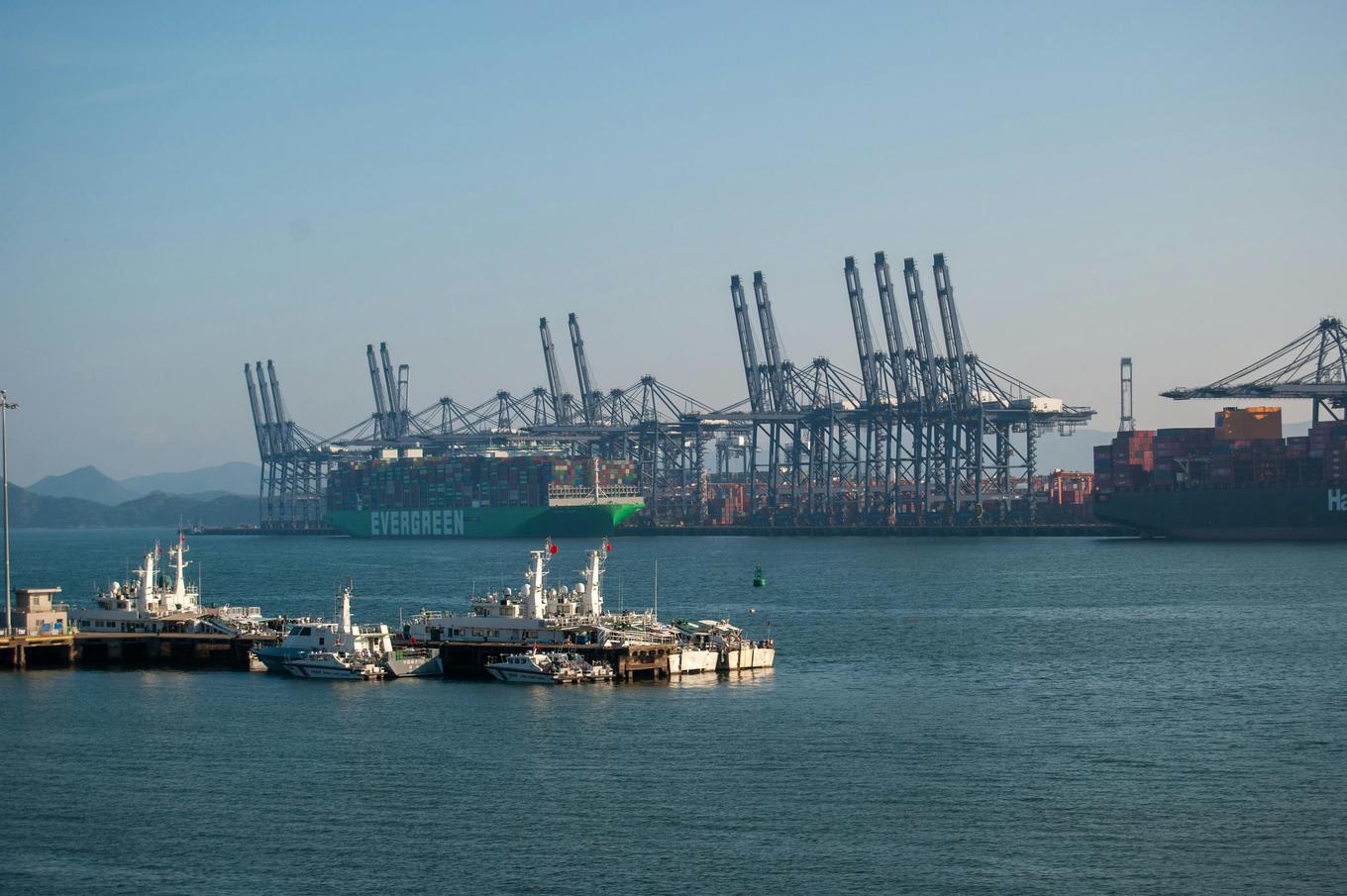- Shanghai Zhongshen International Trade Co., Ltd. - Two decades of trade agency expertise.
- Service Hotline: 139 1787 2118

Mechanical and electrical equipmentImport RepresentationCore Composition of Fees
Mechanical and Electrical in 2025Equipment ImportsThe agency fee is mainly composed of four parts:
- Basic service fee(0.8% - 1.5% of the cargo value)
- Document Processing Fee(2000-8000 yuan per order)
- Tariff Payment Service Fee(3% - 5% of the actual tax paid)
- Warehouse Logistics Surcharge(charged by the day)
Key Influencing Factors of Fee Fluctuations
The case of importing a German precision machine tool shows that the cost difference of the same type of equipment under different trade conditions can reach 23%:
- Equipment type: Medical equipment has 15% more inspection fees than industrial equipment.
- Transportation method:China-Europe Railway ExpressCompareMaritime TransportationSave 7 days but increase the cost by 18%.
- Trade Agreements: Under RCEP, 5% - 8% of the tariff service fee can be reduced or exempted.
- Compliance cost: The processing of EU CE certification documents takes 3 more working days.
Optimization Plan for Agency Fees in 2025
According to the latest data from the General Administration of Customs, for equipment imports worth more than $5 million, the split - declaration strategy can be adopted:
- Declare the cargo value in segments to reduce the tax rate differential.
- Declare the core components separately to enjoy a 3% tariff preference.
- Choose the ordinary transportation method for non - precision modules.
Comparative Analysis of Costs in Practical Cases
Case 1: Import of German CNC Machine Tools(Cargo value: $1.2M)
- Basic service fee: $14,000
- Tariff payment on behalf: $6,750
- Special packaging fee: $2,300
Case 2: Import of production line equipment in the United States(Goods value: $3.8M)
- Basic service fee: $42,000
- Anti - dumping duty declaration fee: $11,400
- Equipment commissioning supervision fee: $8,500
Key negotiation skills for agency fees
Negotiation strategies summarized based on the service experience of over 300 enterprises:
- Require charging by HS code classification
- Lock in the exchange rate fluctuation compensation clause
- Strive for a 15% long - term cooperation discount
- Separate the translation cost of technical documents
A certain enterprise in SuzhouAutomotive partsThrough the installment payment plan, an enterprise successfully reduced the agency fee for a $1.2 million equipment from $21,000 to $16,500, and at the same time obtained the priority customs clearance rights.
Key points of risk cost prevention and control
Key 2025 considerations:
- New EU regulations require the declaration of carbon footprint for electromechanical products
- The United States strengthens the import review of Chinese equipment
- Import restrictions on second - hand parts of electromechanical equipment
It is recommended to clearly stipulate in the agency agreement the three core clauses: the customs classification dispute handling mechanism, the sharing ratio of demurrage charges, and the solution to technical parameter disputes.
Related Recommendations
? 2025. All Rights Reserved. Shanghai ICP No. 2023007705-2  PSB Record: Shanghai No.31011502009912
PSB Record: Shanghai No.31011502009912










